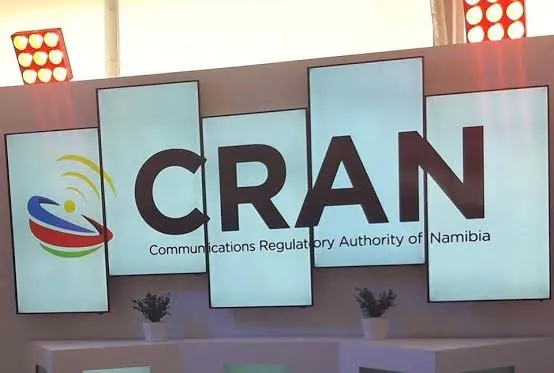
Teachers in Namibia may soon be required to renew their right to teach through continuous professional development (CPD) and refresher training, as outlined in the proposed Teachers Professionalisation Bill
The new law will make it mandatory for every registered educator to undergo regular training to maintain an active teaching licence – a move government says is vital to professionalising the sector and improving education quality.
Speaking during a regional stakeholders’ consultation in Windhoek on Friday, Basilius Haingura, a member of the steering committee developing the bill’s regulations, described the proposal as a “decisive step towards restoring dignity in the teaching profession.”
“Once you are registered as an educator, you will be legally required to undergo continuous professional development and refresher training to maintain your licence,” Haingura explained. “Education is evolving, and teachers must evolve with it.”
Professional Teaching Council
The bill also proposes the establishment of a Professional Teaching Council, a statutory body that will regulate entry into the profession, set national standards, and oversee teacher conduct.
The council will handle disciplinary matters – including investigations, hearings, sanctions and appeals – ensuring profession-specific accountability.
“If a teacher violates professional standards or ethical codes, the council will investigate and take appropriate action,” Haingura said, noting that serious breaches could lead to deregistration.
Currently, such matters are managed by the Public Service Commission or labour authorities, which do not specialise in education-related issues.
Quality and Accountability
The bill further introduces national performance standards to evaluate teaching quality and consistency. Teachers who fail to meet these benchmarks or neglect CPD requirements risk suspension until compliance is achieved.
“This ensures that classrooms are led by competent, accountable educators,” Haingura said. “It aligns teacher performance with national and global best practices.”
A national code of ethics will also be established to guide teacher behaviour in both public and private schools.
Professional Pride and Entry Standards
Entry requirements for teacher training institutions will be standardised to attract qualified and motivated candidates.
“Teaching can no longer be treated as a fallback option,” Haingura stressed. “We are saying no registration, no teaching.”
All educators will be required to hold renewable certificates of practice based on ethical conduct, training, and CPD completion.
Regional Support and Aspirations
Khomas regional education director Paulus Nghikembua welcomed the bill, saying it is not merely about compliance but about elevating the teaching profession.
“Linking registration to ethics and continuous upskilling ensures our classrooms are led by competent educators,” Nghikembua said.
He added that the reform would offer teachers structured career pathways, recognition, and opportunities for growth – ultimately restoring pride in teaching.
Haingura concluded that the reform aligns Namibia with the African Federation of Teaching Regulatory Authorities (AFTRA) framework, reinforcing global standards.
“We are not just changing rules,” he said. “We are changing the future of teaching – protecting learners, uplifting teachers, and ensuring education is taken seriously.”



























